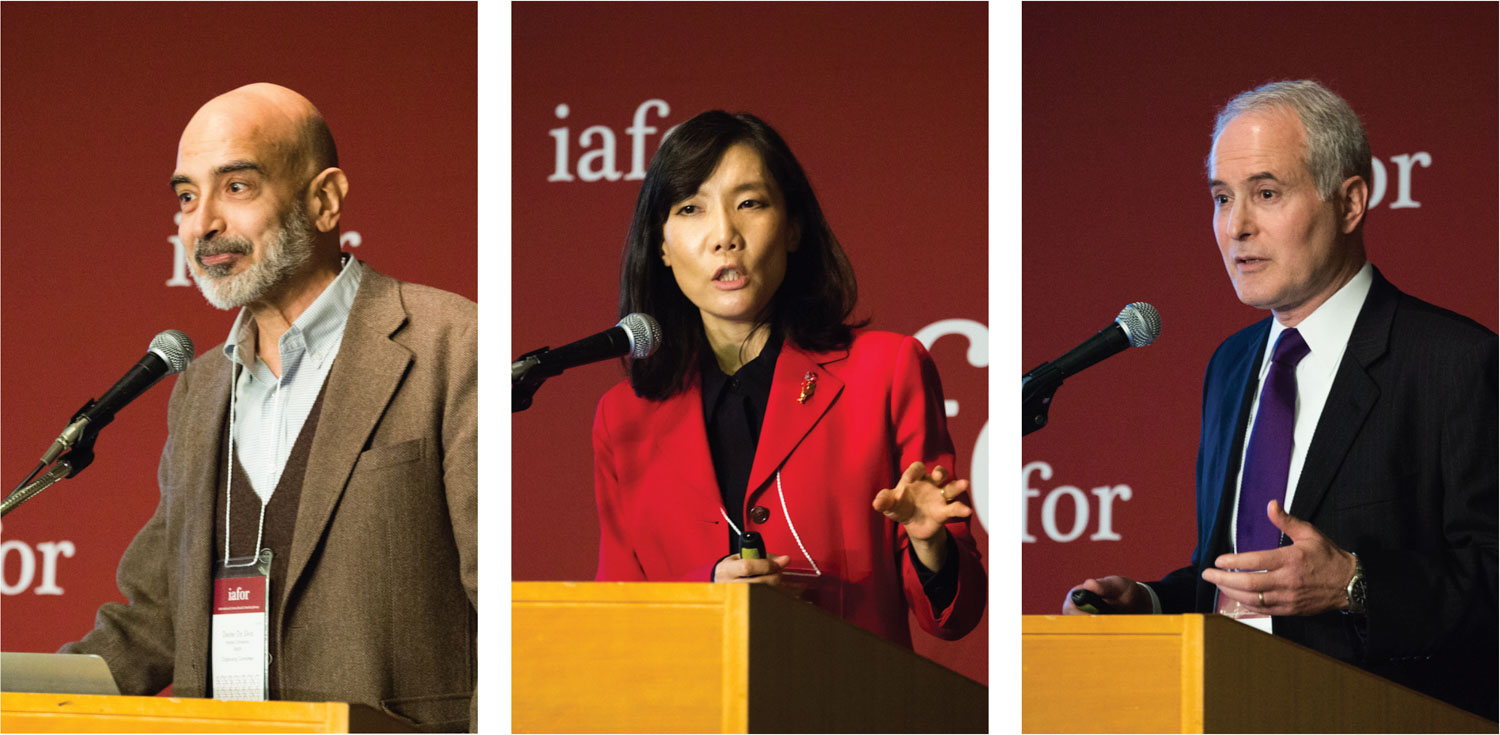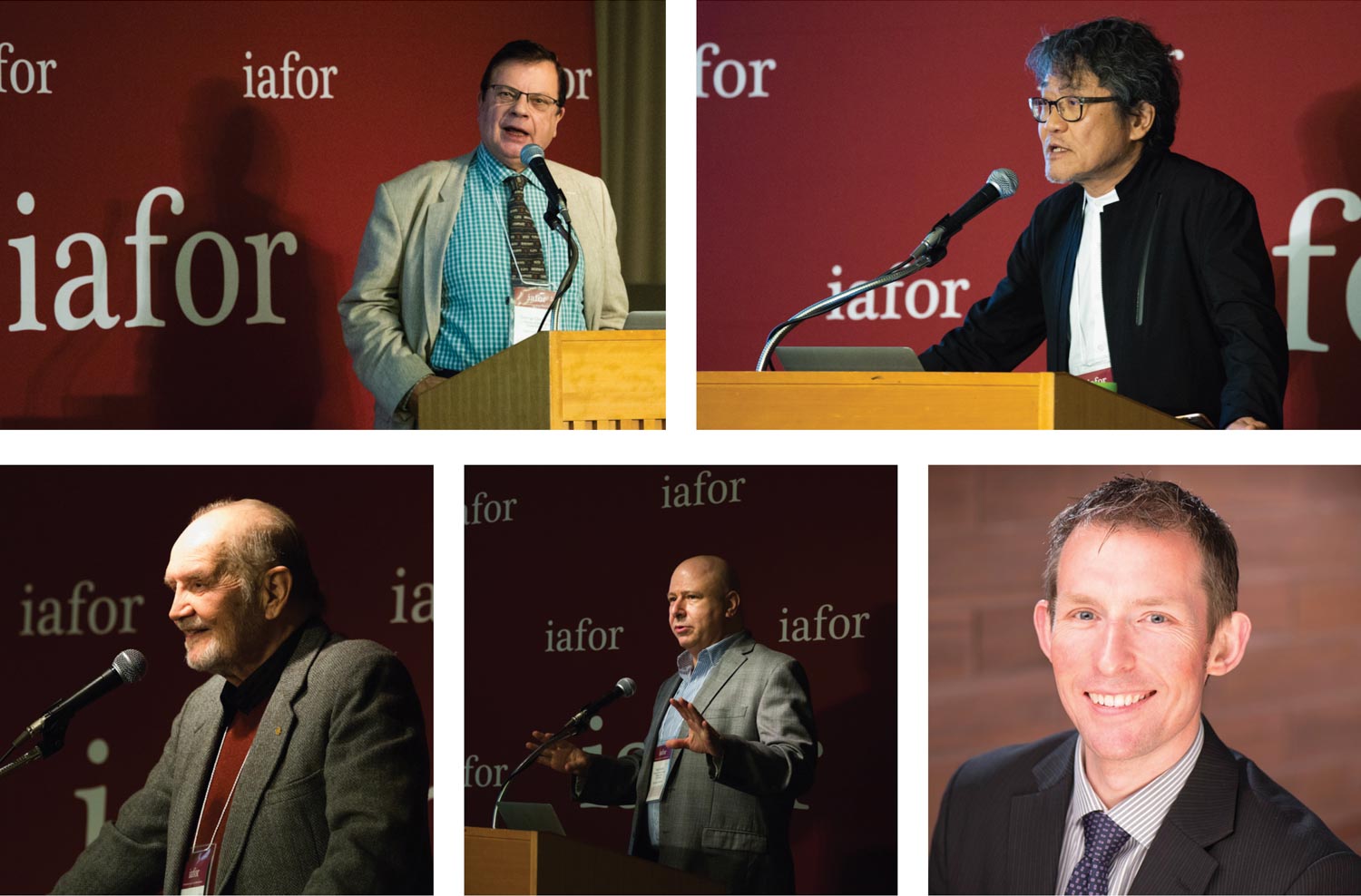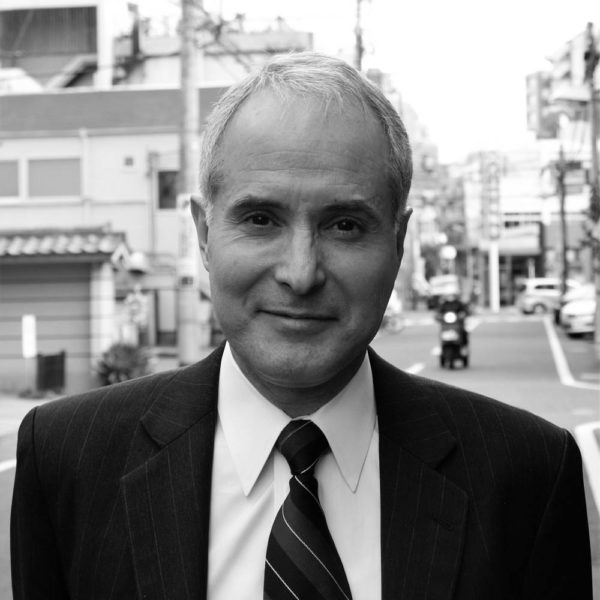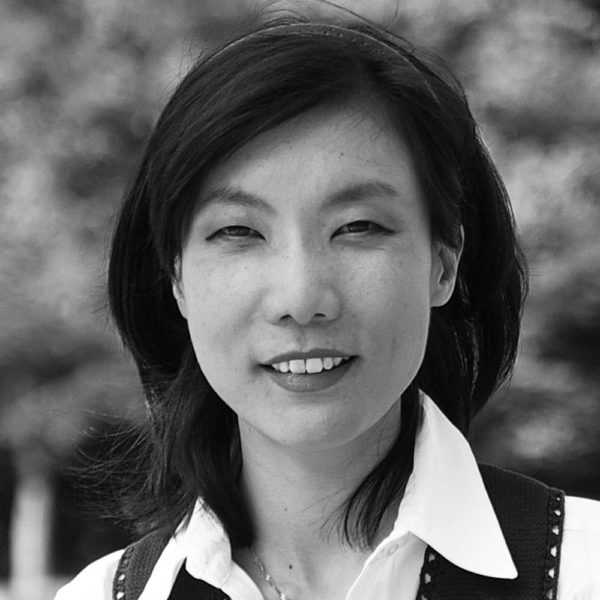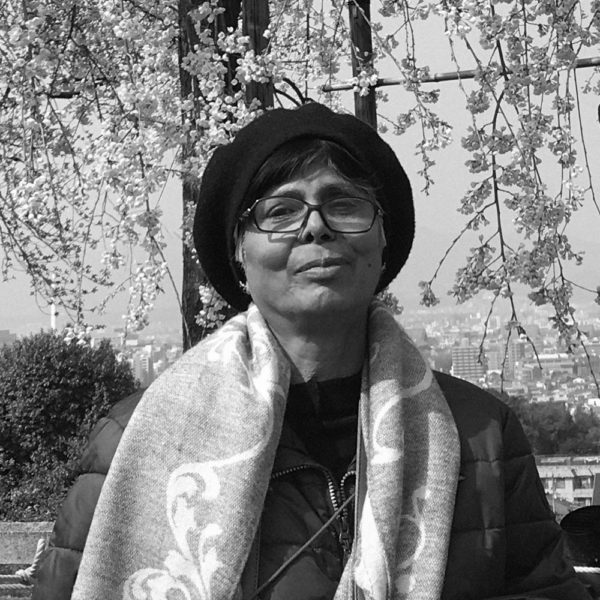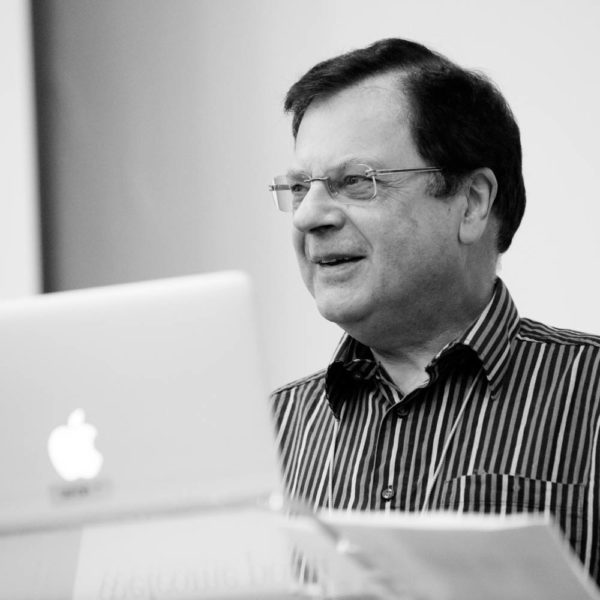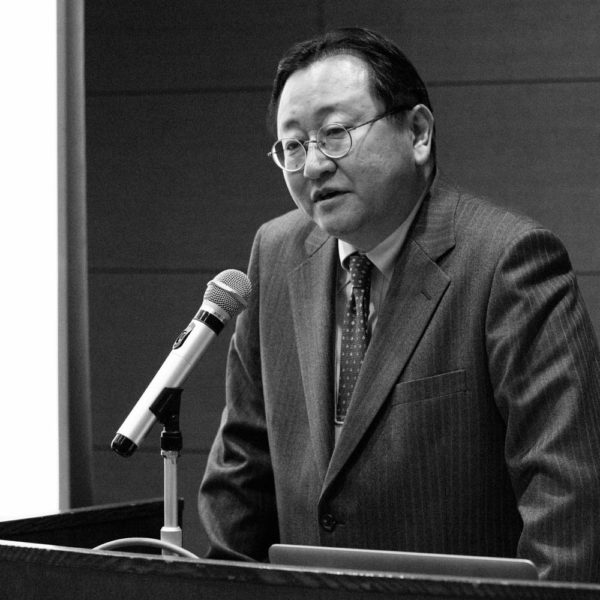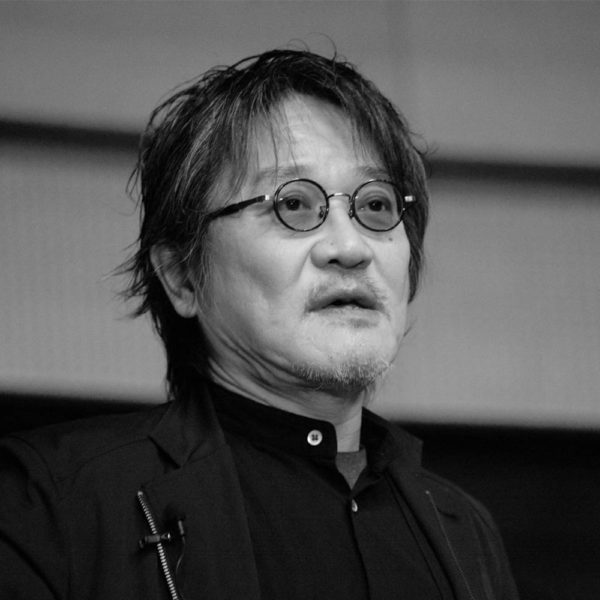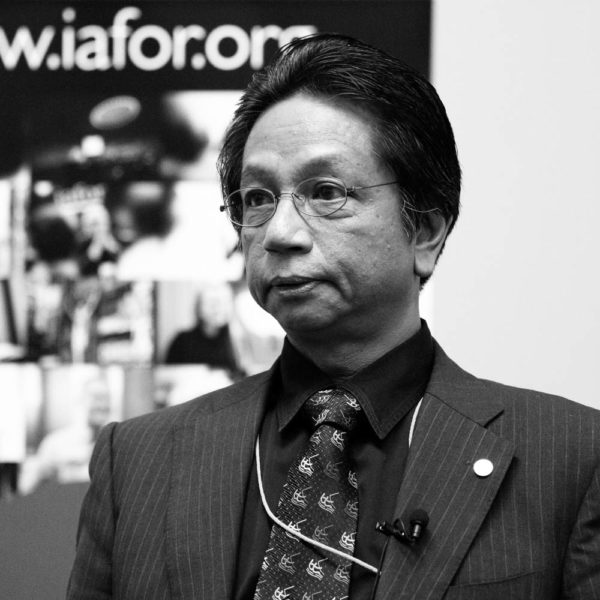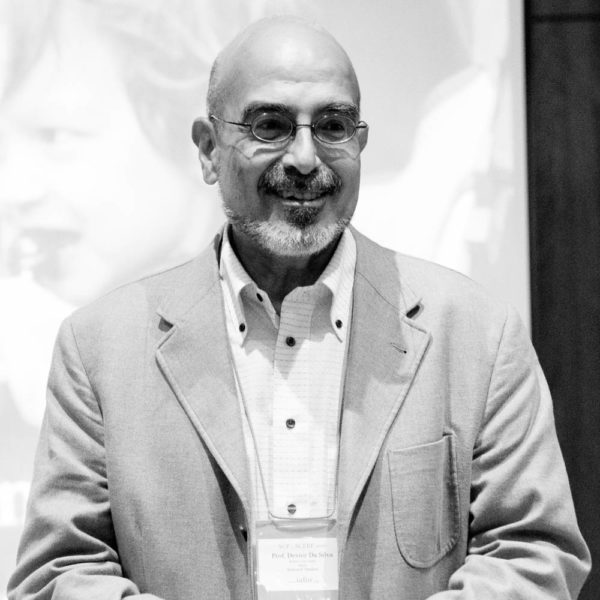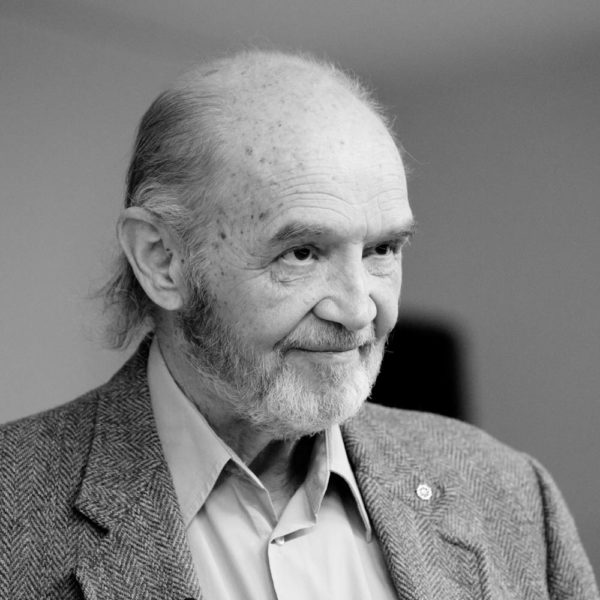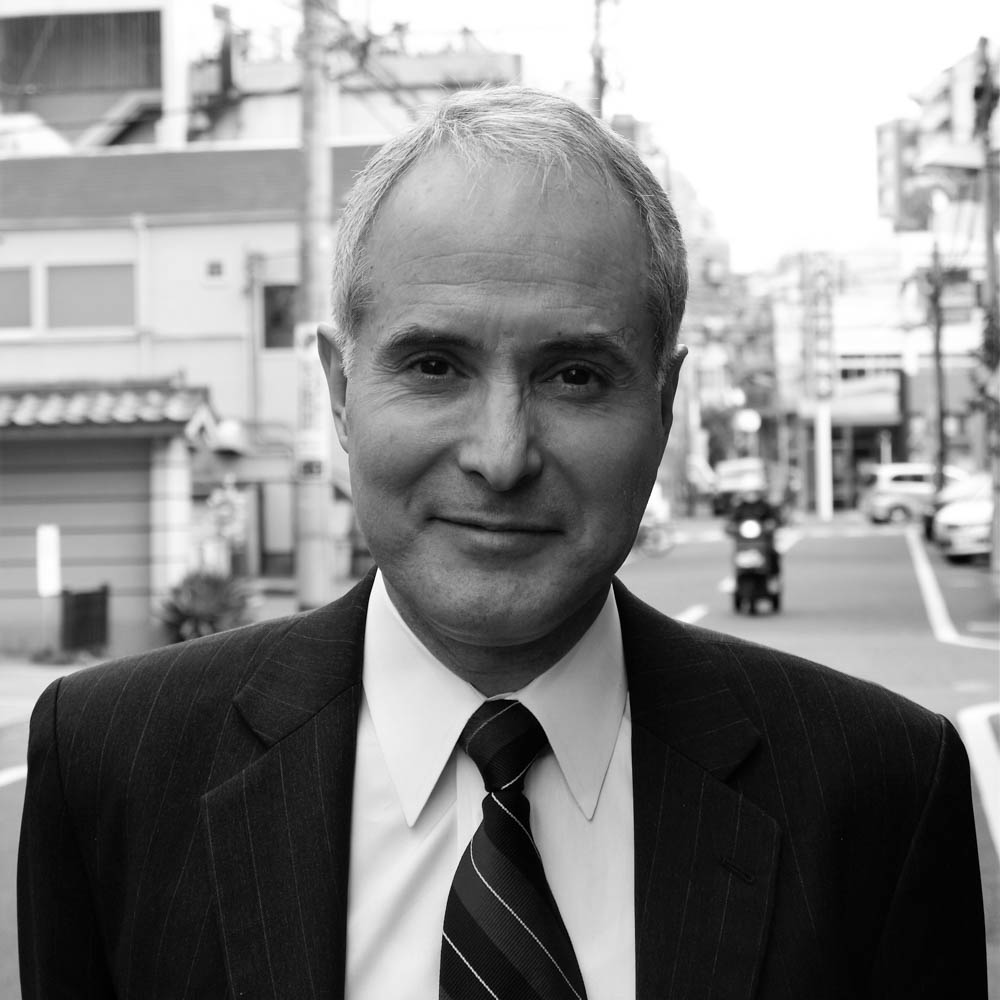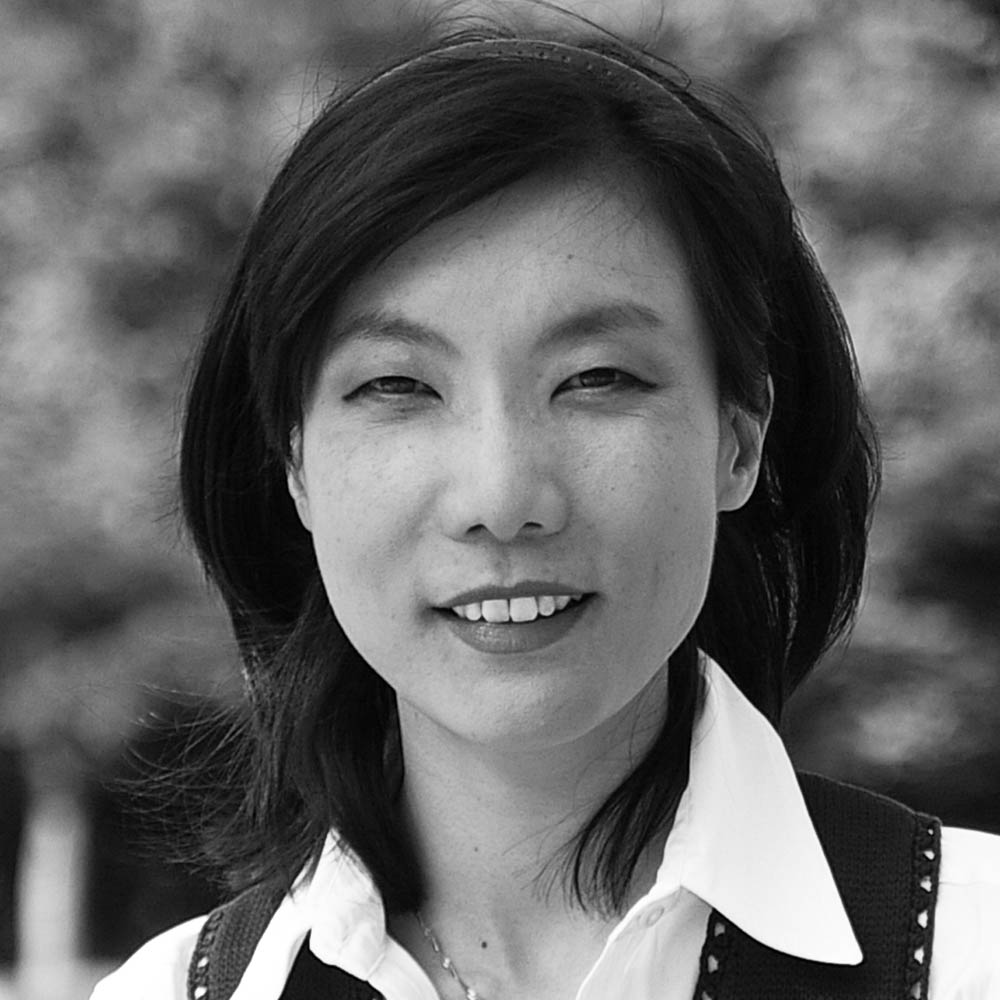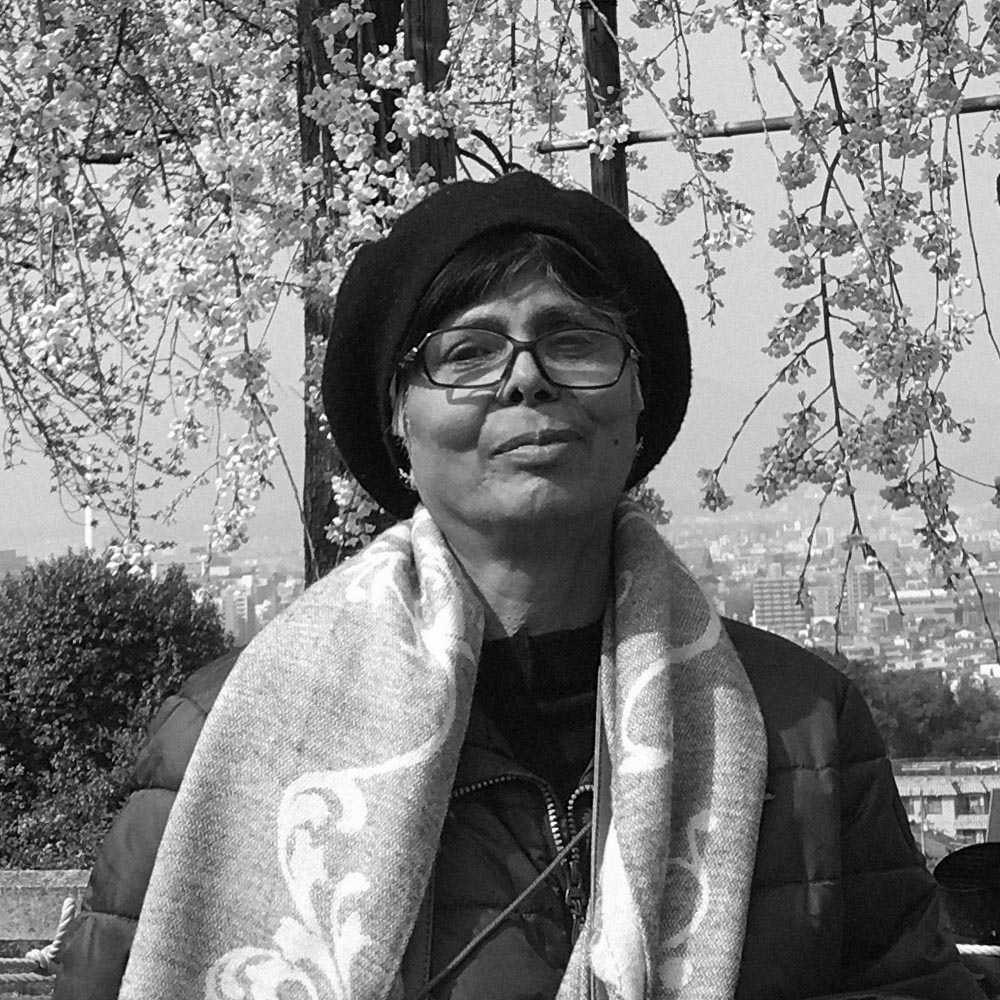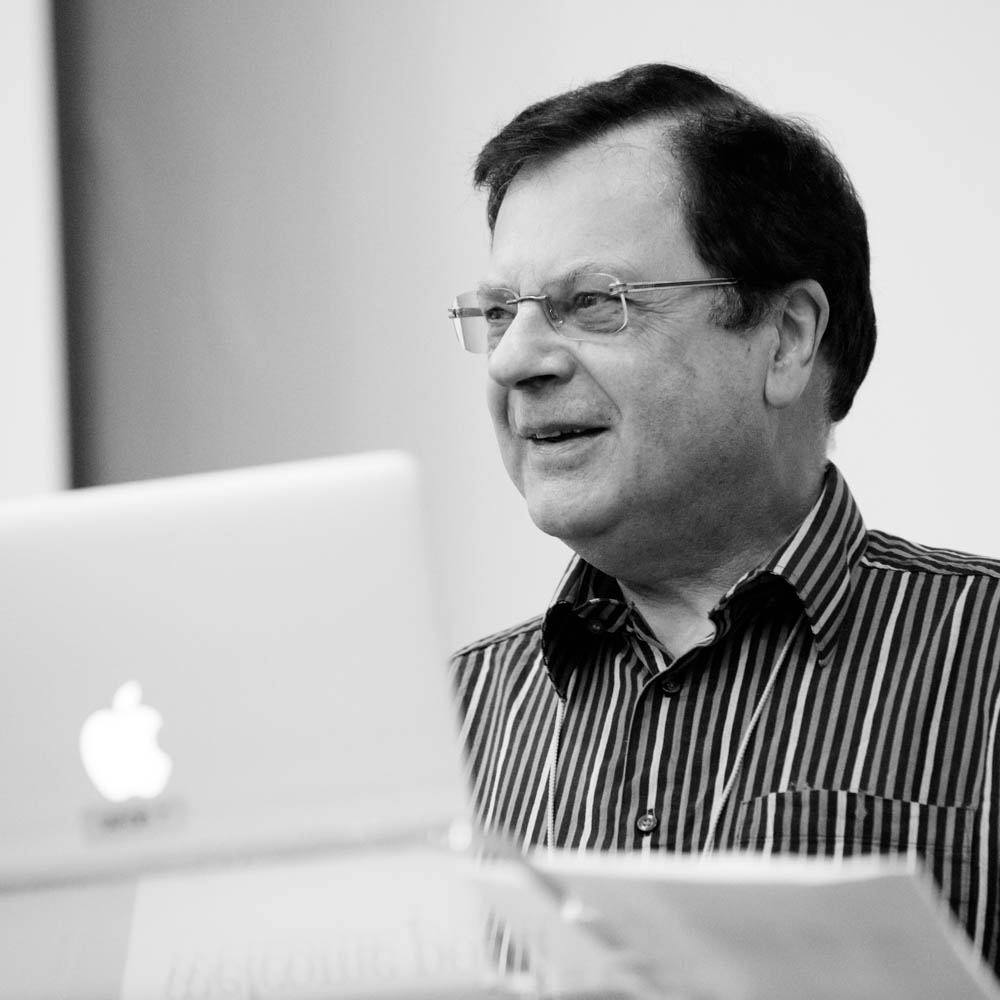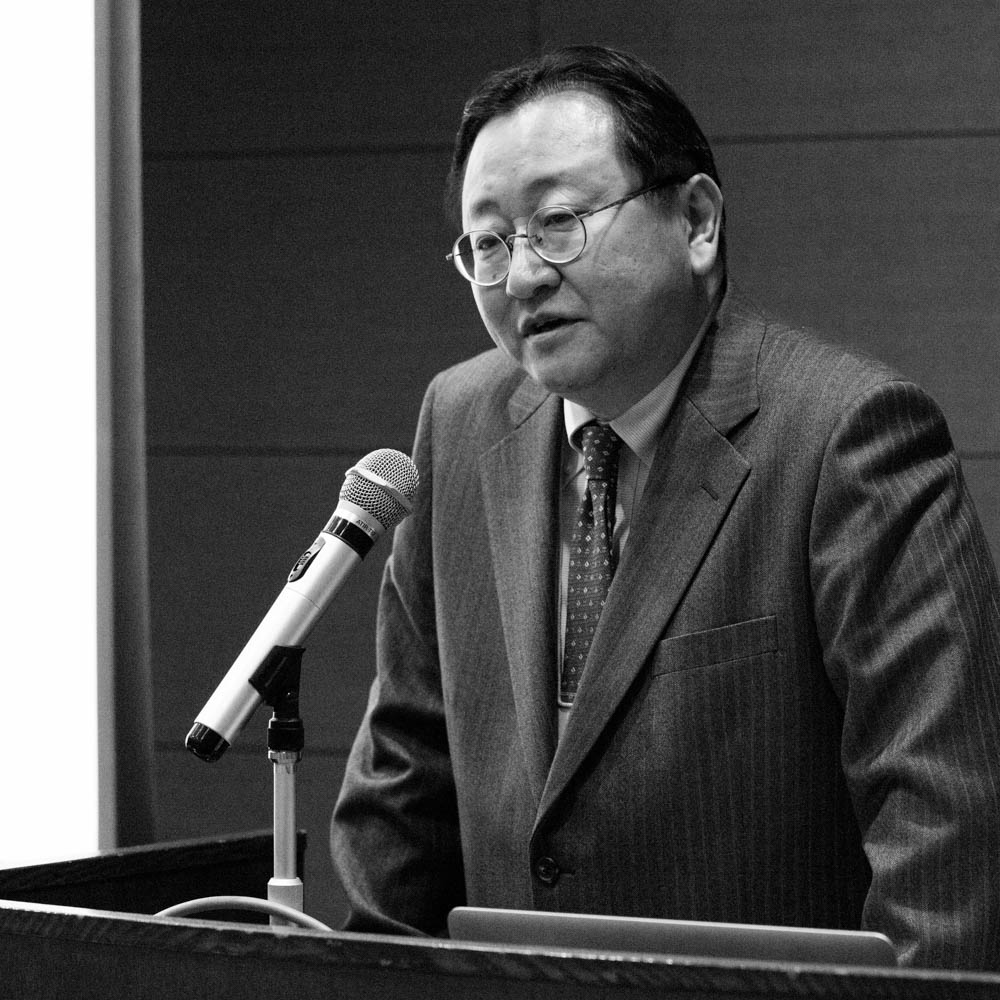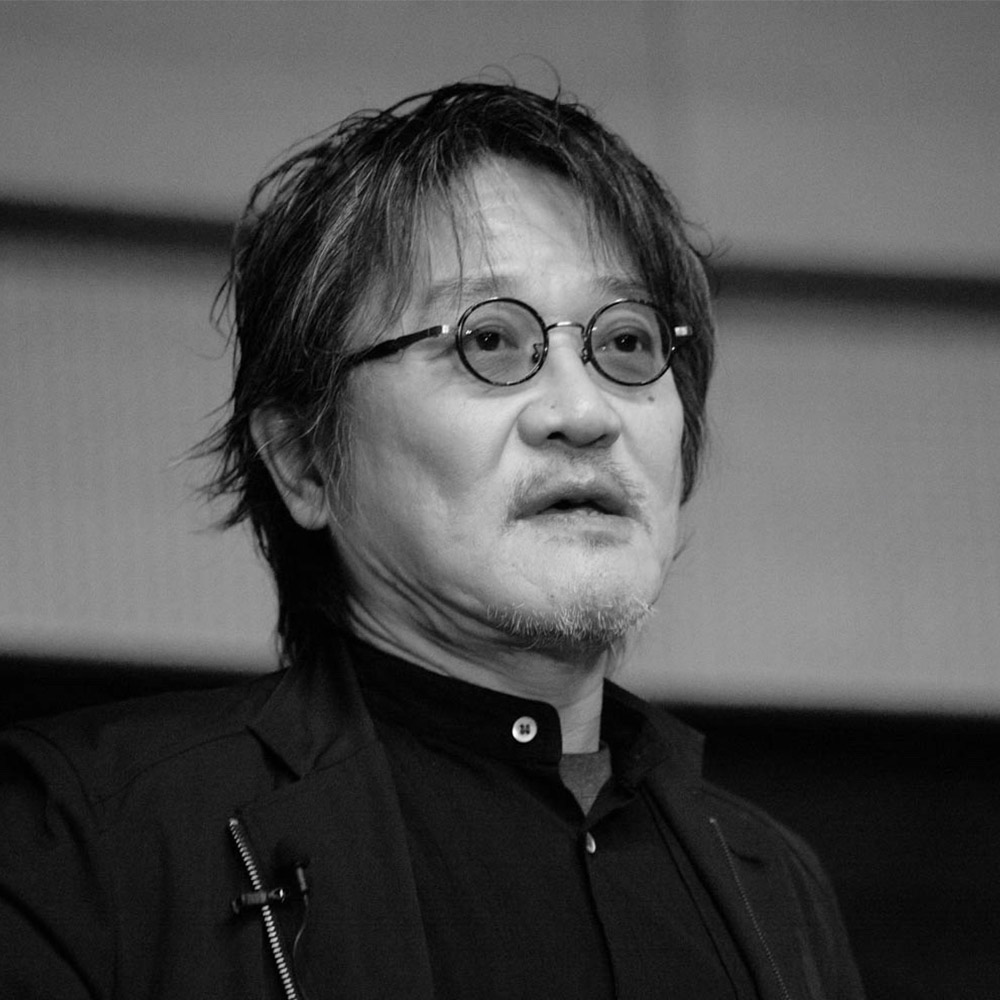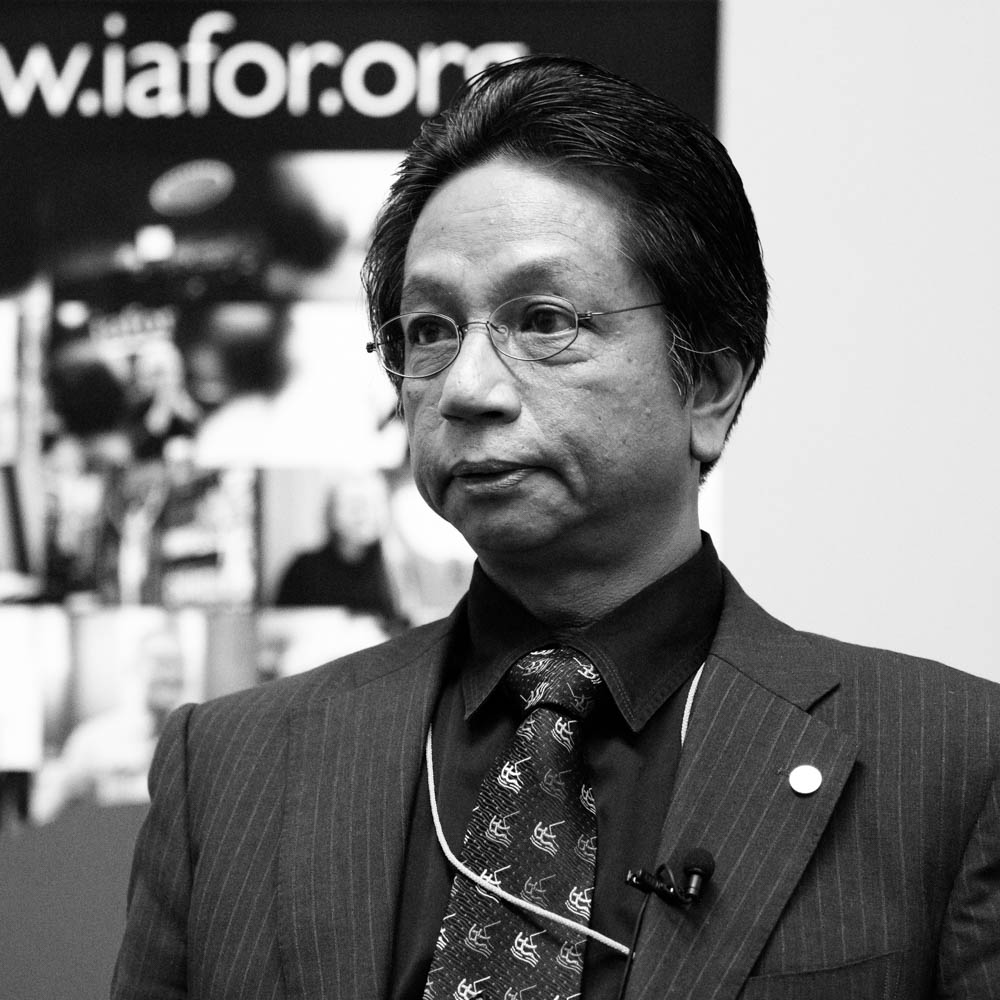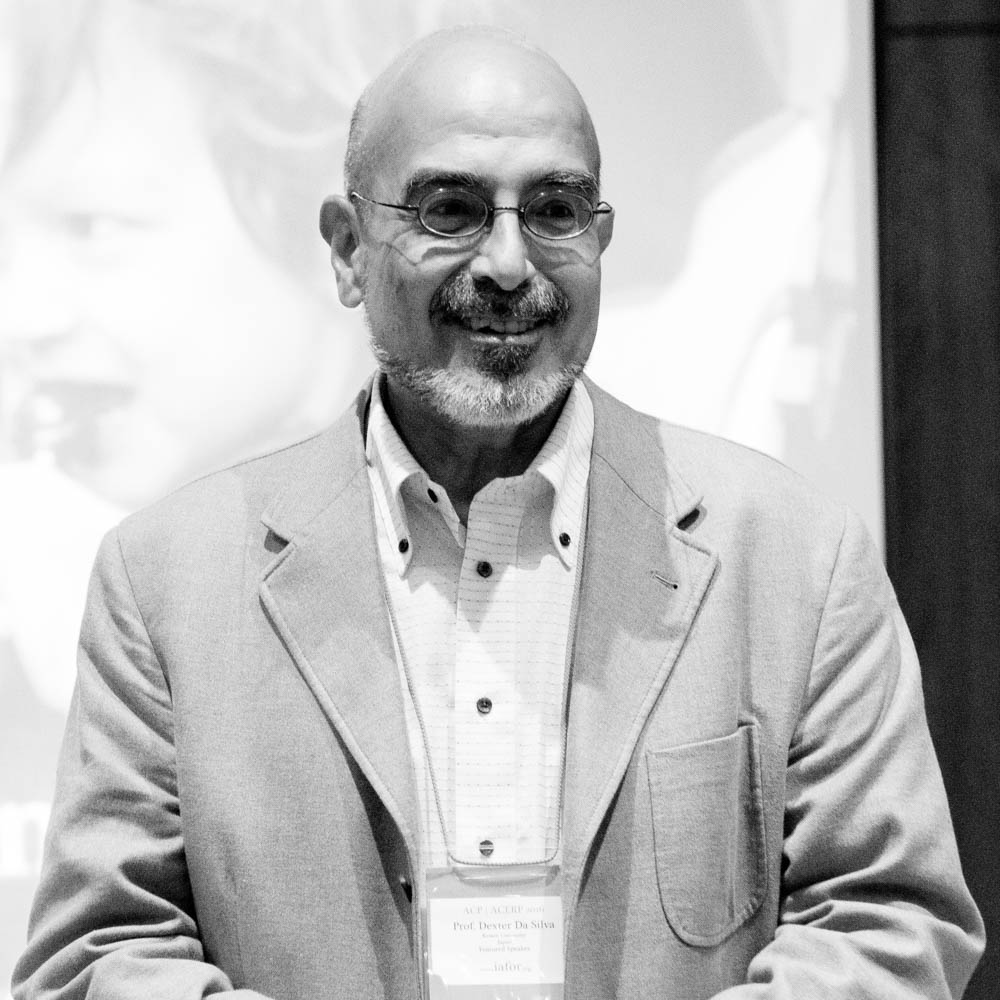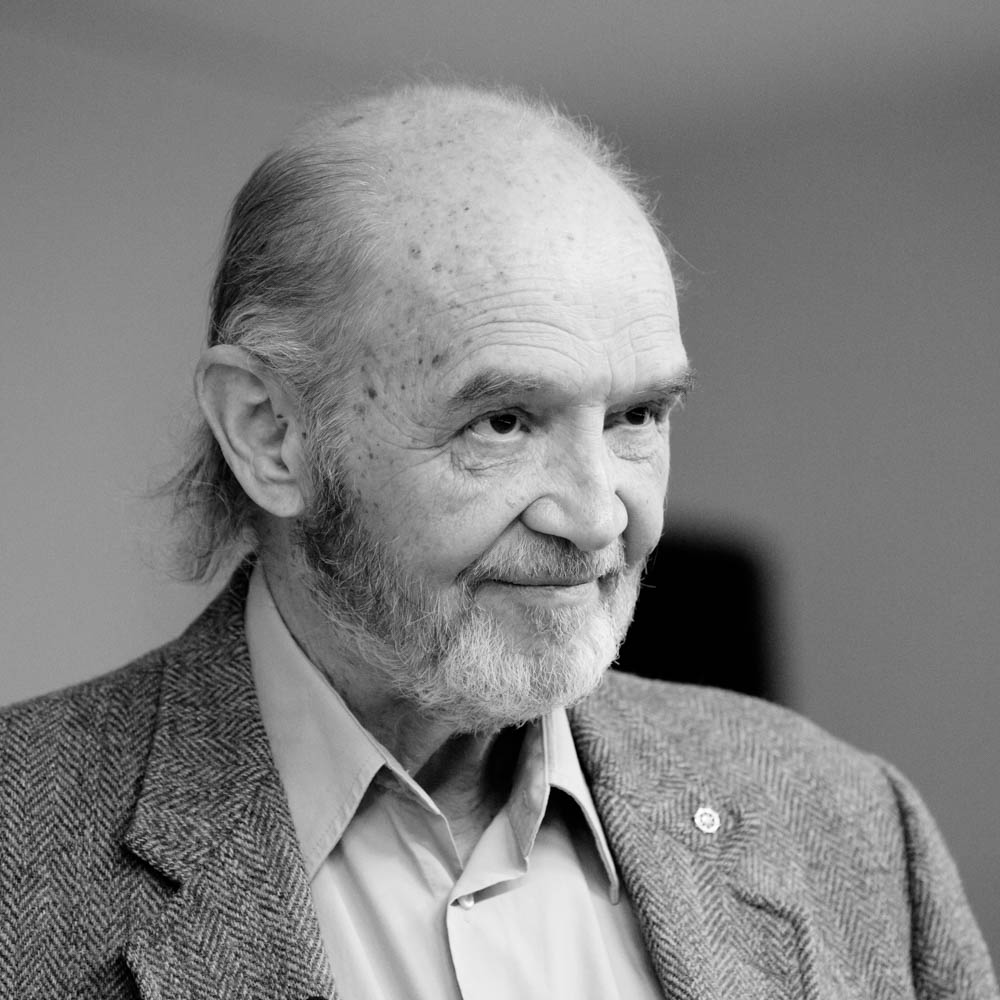Conference Theme: "Value and Values"
March 21-23, 2019 | Toshi Center Hotel, Tokyo, Japan
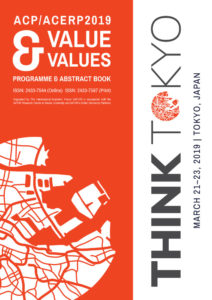
Focusing on values, on the other hand, addresses our deeply held beliefs and integrity, and suggests our intentions, how we approach our work, and demands that the process of our enquiry be as important as the product. Our core values may be universal, but are coloured by our social, cultural, religious, political and personal contexts.
How can the study of psychology and the behavioral sciences, as well as those of ethics, religion and philosophy, inform each other, inform other fields, and inform our lives, from the way we lead our individual lives, to the ways in which governments engage with their citizens, and with those from other countries and regions?
In a world which is seeing a rise in authoritarianism, nationalism, and populism, this conference asks us to consider “value and values”, inviting scholars from around the world to come together and engage in challenging, rigorous debate across the lines and borders of religion, creed and nation.
ACP/ACERP2019 Photo Report
Above: Organising Committee member, Professor Dexter Da Silva (left) welcomes delegates to the conference. Leading educational psychologist, Professor Mimi Bong (centre) speaks on what leads people to study and why. Governance guru, Nicholas Benes (right), delivered a keynote on “The next 50 years”, looking at the many challenges that lie at the intersection of ethics, philosophy, psychology, and values that may affect the worth of what we own, the enjoyment we derive from living, and even our survival as a species.
Above: Dr George Chryssides (top left), one of the world’s leading authorities on religion and new religions, asks “Are Religious Values Paramount?” in his irreverent and wide-ranging keynote address, before Professor Satoru Nishizawa (top right), Chairman of the Japanese Society for Prevention of Child Abuse and Neglect, delivered a powerful presentation on the “Psycho-Social Characteristics of Child Abusing Parents and Families”. Renowned historian and Buddhist priest, Dr Brian Victoria (bottom left), speaks on values at the intersection of religion and tolerance, before law professor Dr Frank Ravitch (bottom centre) of Michigan State University delivered a powerful plenary with a focus on law, religion and politics in the US. Professor David Putwain (bottom right), Chair of the Psychology of Education Section of the British Psychology Society, delivered a keynote on “The Value of High-stakes Exams: Do Teachers Help or Hinder?”.
Speakers
-
Nicholas BenesThe Board Director Training Institute of Japan, Japan
-
Mimi BongKorea University, South Korea
-
Meera ChakravortyJain University, India
-
George D. ChryssidesThe University of Birmingham, UK
-
Toshiya HoshinoThe United Nations
-
Satoru NishizawaYamanashi Prefectural University, Japan
-
David PutwainLiverpool John Moores University, UK
-
Frank S. RavitchMichigan State University College of Law, United States
-
Monty P. SatiadarmaTarumanagara University, Indonesia
-
Dexter Da SilvaKeisen University, Japan
-
Brian VictoriaOxford Centre for Buddhist Studies, UK
Programme
-
The Value of High-stakes Exams: Do Teachers Help or Hinder?Keynote Presentation: David Putwain
-
The Next 50 YearsFeatured Presentation: Nicholas Benes
-
The Psycho-Social Characteristics of Child Abusing Parents and FamiliesKeynote Presentation: Satoru Nishizawa
-
Why Do You Study? Complex Answers to a Simple QuestionKeynote Presentation: Mimi Bong
-
“The Value of Internationalising Psychology” or “The Value of Indigenous Psychologies”Featured Panel: Meera Chakravorty, Dexter Da Silva (Moderator), Satoru Nishizawa & Monty Satiadarma
-
Are Religious Values Paramount?Keynote Presentation: George Chryssides
-
The Religious and Ethical Void of Trumpism & the Oddity of Trump Support Among Some Evangelical ChristiansKeynote Presentation: Frank S. Ravitch
-
Is Religious Tolerance Always Desirable: The Case of Shinto and BuddhismFeatured Presentation: Brian Victoria
Organising Committee
The Conference Programme Committee is composed of distinguished academics who are experts in their fields. Conference Programme Committee members may also be members of IAFOR's International Academic Board. The Organising Committee is responsible for nominating and vetting Keynote and Featured Speakers; developing the conference programme, including special workshops, panels, targeted sessions, and so forth; event outreach and promotion; recommending and attracting future Conference Programme Committee members; working with IAFOR to select PhD students and early career academics for IAFOR-funded grants and scholarships; and overseeing the reviewing of abstracts submitted to the conference.
-
George D. ChryssidesThe University of Birmingham, UK
-
Joseph HaldaneThe International Academic Forum (IAFOR), Japan
-
Frank S. RavitchMichigan State University College of Law, United States
-
Monty P. SatiadarmaTarumanagara University, Indonesia
-
Dexter Da SilvaKeisen University, Japan
-
Brian VictoriaOxford Centre for Buddhist Studies, UK
ACP2019 Review Committee
- Dr Hamer Bastidas-Bilbao, Universidad del Rosario, Colombia
- Dr Brady Michael Jack, National Sun Yat-sen University, Taiwan
- Dr Miyako Kimura, St. Marianna University School of Medicine, Japan
- Dr Prapaporn Muangkaew, Boromarajonani College of Nursing, Thailand
- Dr Linda Oshita, University of Hawaii at Manoa, United States
- Dr Ai Ni Teoh, James Cook University, Singapore
- Dr Marco Vassallo, Council for Agricultural Research and Economics (CREA), Italy
- Dr Ulysses Yu, St. Stephen's High School, Philippines
IAFOR's peer review process, which involves both reciprocal review and the use of Review Committees, is overseen by conference Organising Committee members under the guidance of the Academic Governing Board. Review Committee members are established academics who hold PhDs or other terminal degrees in their fields and who have previous peer review experience.
If you would like to apply to serve on the ACP2019 Review Committee, please visit our application page.
IAFOR Grant & Scholarship Recipients
Our warmest congratulations go to Wen-Pin Leow, Yukari Jessica Tham and Stephanie Hilary Xinyi Ma, who have been selected by the conference Organising Committee to receive grants and scholarships to present their research at The 9th Asian Conference on Psychology & the Behavioral Sciences (ACP2019) and The 9th Asian Conference on Ethics, Religion & Philosophy (ACERP2019).
IAFOR's grants and scholarships programme provides financial support to PhD students and early career academics, with the aim of helping them pursue research excellence and achieve their academic goals through interdisciplinary study and interaction. Awards are based on the appropriateness of the educational opportunity in relation to the applicant's field of study, financial need, and contributions to their community and to IAFOR's mission of interdisciplinarity. Scholarships are awarded based on availability of funds from IAFOR and vary with each conference.
Click here to learn out more about IAFOR grants and scholarships.
Virtual Presentations
The International Academic Forum (IAFOR) is a research organisation, conference organiser and publisher dedicated to encouraging interdisciplinary discussion, facilitating intercultural awareness and promoting international exchange, principally through educational exchange and academic research.
Virtual presentations afford authors the opportunity to present their research to IAFOR’s far-reaching and international online audience, without time restrictions, distractions or the need to travel. Presenters are invited to create a video of their presentation, which is then uploaded to the official IAFOR Vimeo channel and remains online indefinitely. This is a valuable and impactful way of presenting in its own right, but also an alternative means for those delegates who may be unable to travel to the conference due to financial or political restrictions. The same publishing opportunities apply to virtual presenters, with final papers being included in the ACP Conference Proceedings.
This video archive is best viewed on a desktop computer with a strong Internet connection.
IAFOR Research Centre (IRC) – “Innovation and Value Initiative”
The IAFOR Research Centre (IRC) is housed within Osaka University’s School of International Public Policy (OSIPP), and in June 2018 the IRC began an ambitious new “Innovation and Value Initiative”. Officially launched at the United Nations in a special UN-IAFOR Collaborative Session, the initiative seeks to bring together the best in interdisciplinary research around the concept of value, on how value can be recognised, and measured, and how this can help us address issues and solve problems, from the local to the global.

